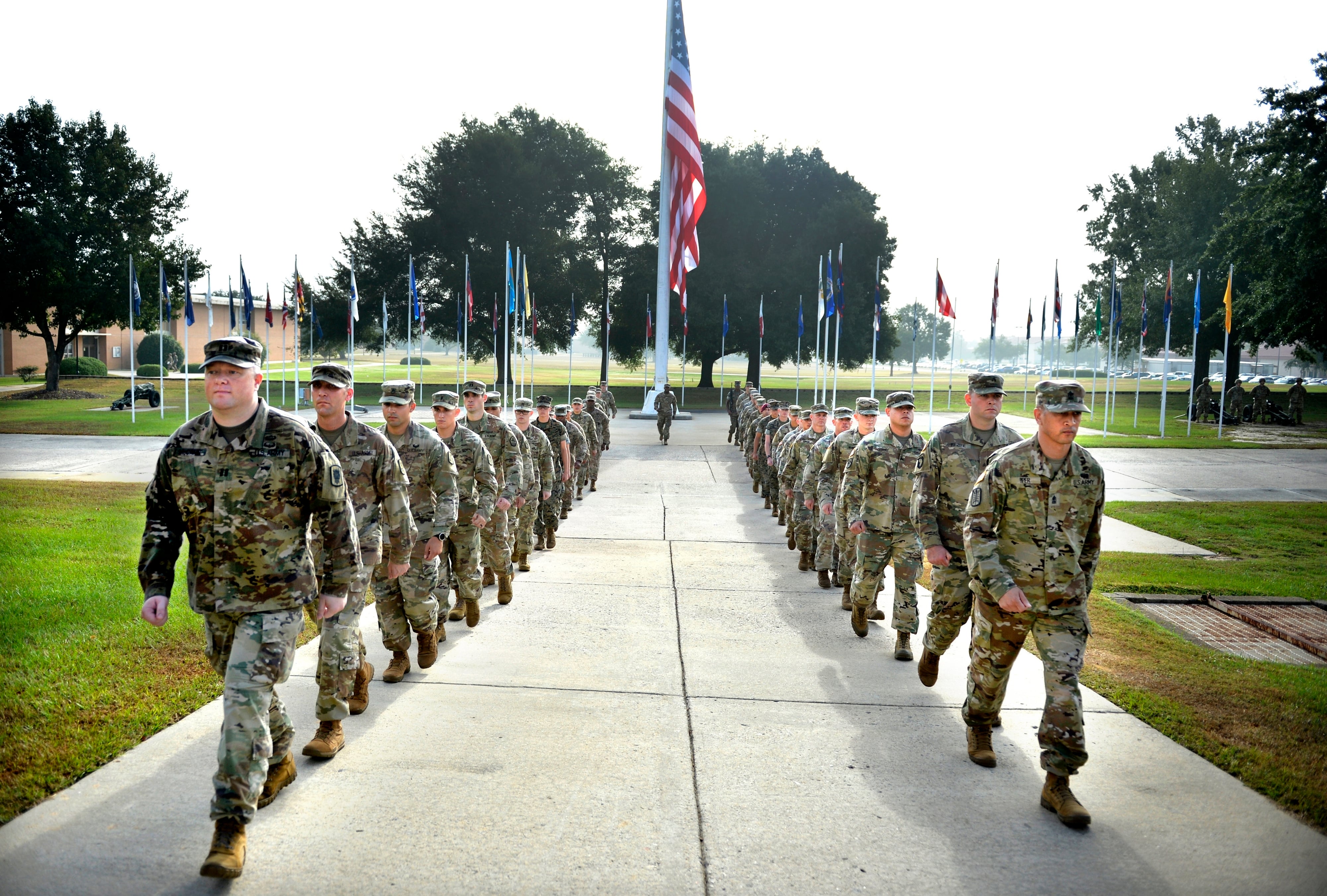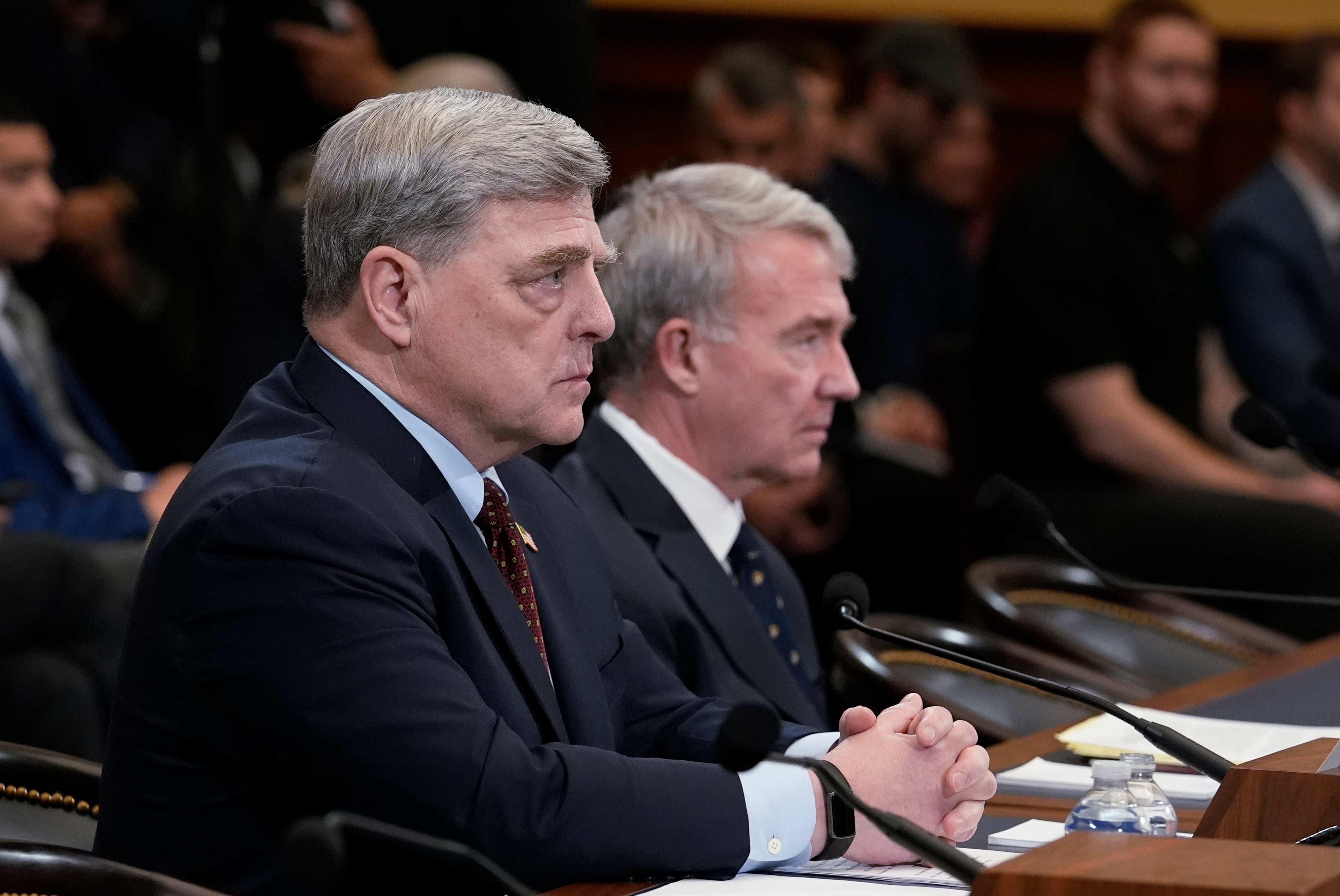The Air Force says it cannot fund a study into the health risks of toxic chemicals used in firefighting foam at the former Pease Air Force Base, which contaminated the drinking water in Portsmouth, New Hampshire, according to the Portsmouth Herald.
Despite warnings from its own researchers dating back to 1979, the Air Force used the firefighting foam at bases around the country until 2016. The Environmental Protection Agency in 2000 said the perfluorinated compounds in the foam were "likely to be carcinogenic to humans" and reached an agreement with the main manufacturer to stop producing it.
The federal Agency for Toxic Substances and Disease Registry recommended that studies of children and adults be conducted in the area around Pease, and that these studies be tied to a national study, after PFC contamination was found in Portsmouth's drinking water in May 2014, according to the paper. The base closed in 1991 and is now Pease International Tradeport.
Agency officials have said health studies on people exposed to PFCs show they can harm a developing fetus or child, decrease fertility, interfere with the body's natural hormones, increase cholesterol, hurt the immune system and increase cancer risk.
ATSDR Director Patrick Breysse said his agency can't afford to conduct the local health-risk studies. "I don't see how we can do it on our existing funding," he said May 30 at a public meeting, according to the Portsmouth Herald
Air Force Lt. Col. Joseph Constantino, who also spoke at the meeting, said the Air Force "can't fund [the] study."
"We don't have authority to go into that kind of work.... Without authority, there's no funding," he said, according to the paper..
"We need something long-term and people monitored over time, not just once," said Portsmouth resident Andrea Amico, whose child attended daycare on the former base.
Rachael Kalinyak is an editorial intern with Network Solutions.





